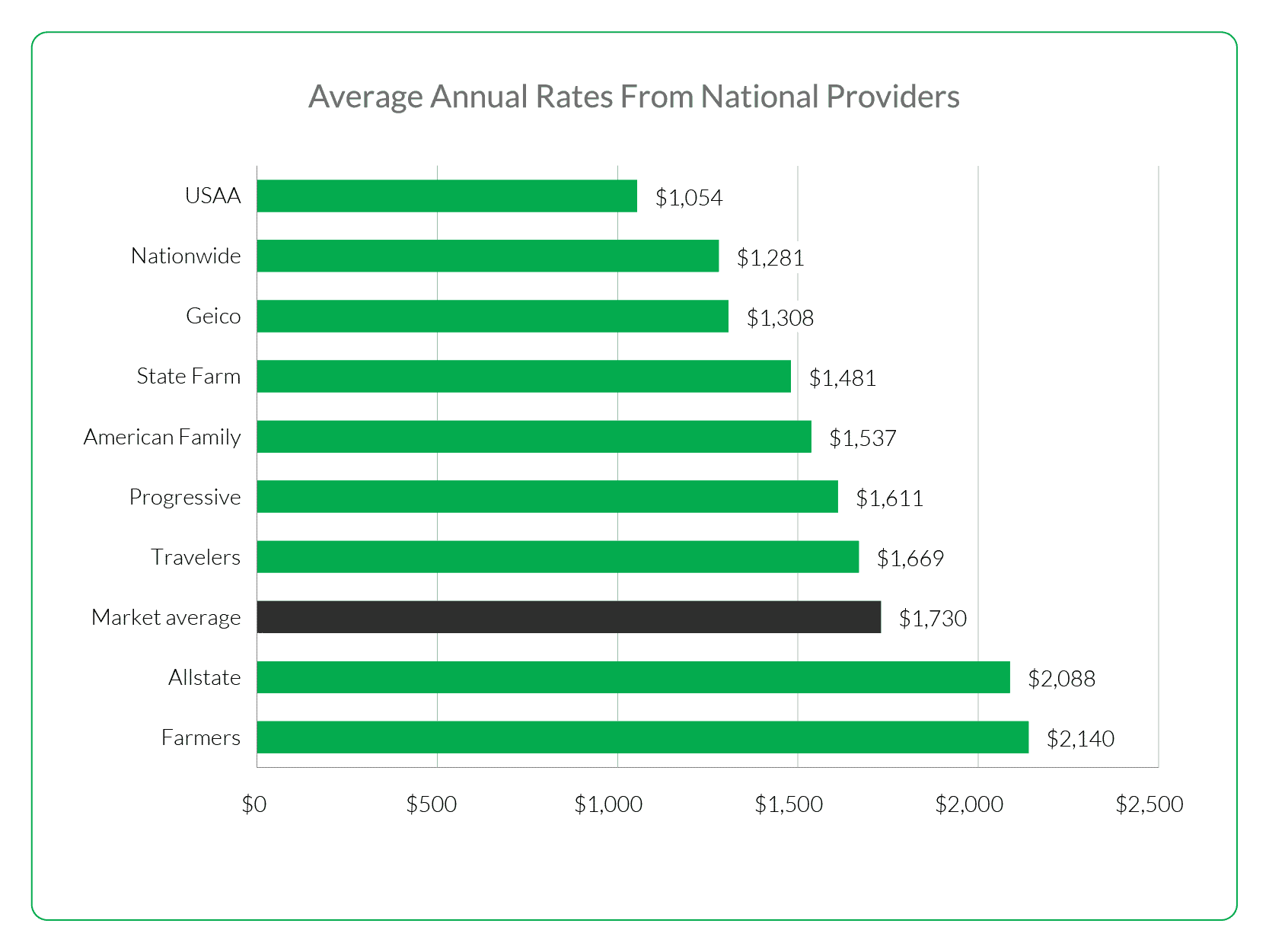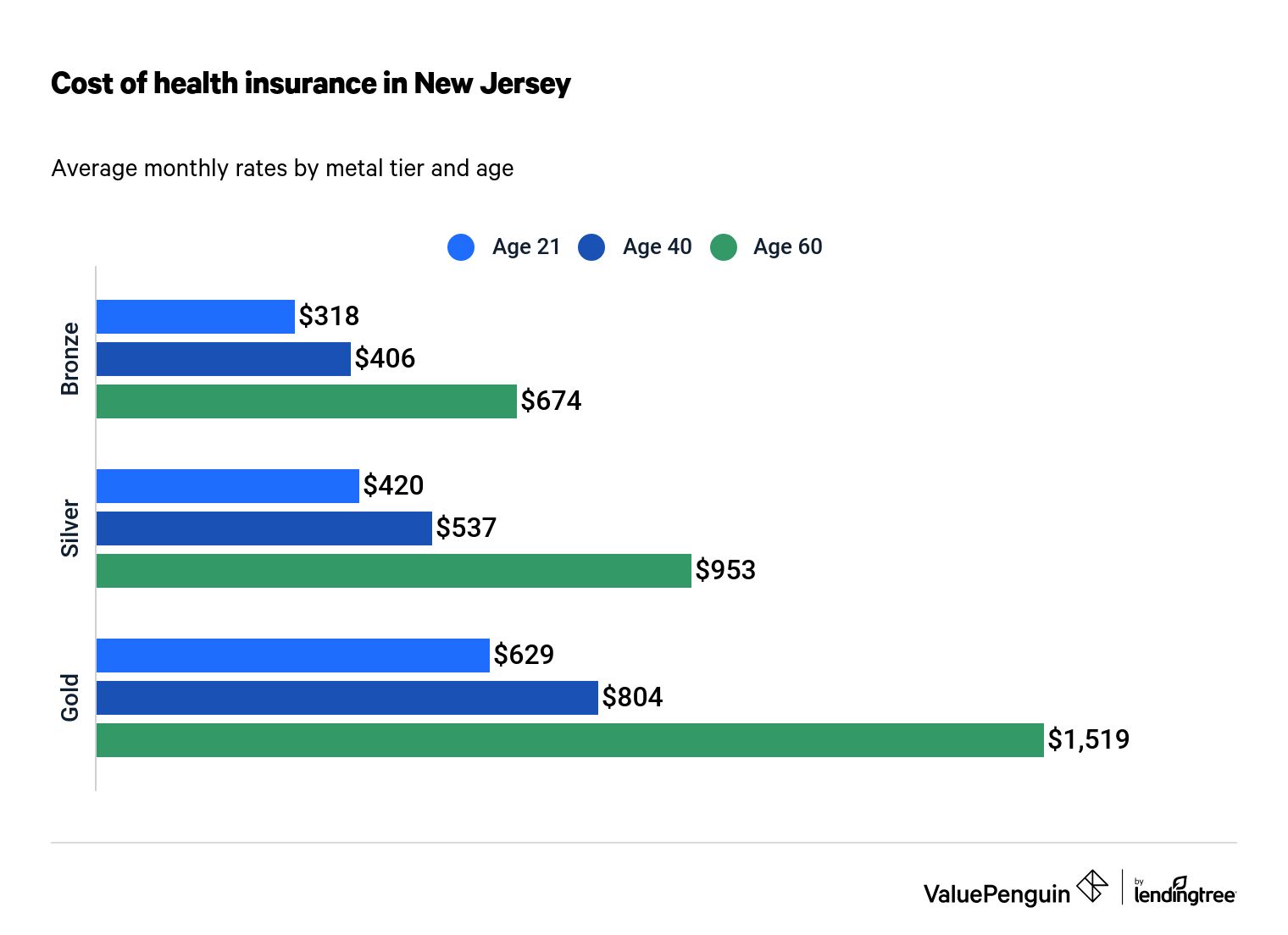
Pre-existing conditions covered by health insurance
Prior to the Affordable Care act (ACA), most family and individual health plans in the United States did not cover people with pre-existing medical conditions. This meant that those with common health problems like high blood pressure, asthma or allergies would have to pay higher premiums and might not be able to get the health insurance they wanted.
People with chronic diseases and injuries were particularly affected by this discrimination, making it hard to get affordable insurance. Historically, employees who worked for companies with 500+ employees could only purchase large group health plans to avoid discrimination.
These plans were expensive and did NOT include the services or coverage that most individuals need, such as preventive health care or prescription drug coverage. They also often included lifetime limits on benefits. Many of these policies also have high out-ofpocket costs, including for cancer treatment.

A person with a condition that was pre-existing could have faced a waiting time before they were able to enroll in a plan. This waiting period could vary from six months to a year, depending on the type of plan and state regulations.
Lori, 48, was a freelance writer who had high blood pressure that she controlled well with two medications. She could only afford affordable coverage after purchasing her own insurance and paying her monthly payments. She was frustrated by the lack of affordable insurance that she could afford and tried to find a way to get more comprehensive health insurance coverage for her.
She enrolled in the Medicare Advantage Plan, which included drug coverage. There was no waiting period. She also had to pay an extra $2 a month for the prescription drug coverage that she needed.
Those who have preexisting conditions can still be denied or forced to pay higher premiums for insurance, but this is rare and only happens in very few cases. The ACA limits the amount of premiums that insurers can charge for people with preexisting health conditions. However, non-ACA compliant companies can still discriminate against them by excluding them from their policies and/or raising the rates to cover these people.

Coons suggests the ACA protected preexisting health conditions for the more 150 million Americans that get their coverage through their employers, but the claim isn't true. HIPAA protected those with employer sponsored coverage from preexisting conditions, but ACA expanded this protection to include all individuals and families who purchase their own insurance through the ACA Marketplace.
A Ca and existing conditions
The Affordable Care Law is an important law which has helped millions to obtain affordable health insurance in the US. The provision of the law which protects people with preexisting illnesses from being refused health insurance is one of its most popular features. Republicans have attempted to challenge the law at the Supreme Court on several occasions, but this hasn't been successful. It is therefore vital that Congress passes a strong health insurance law that will ensure everyone can afford it.